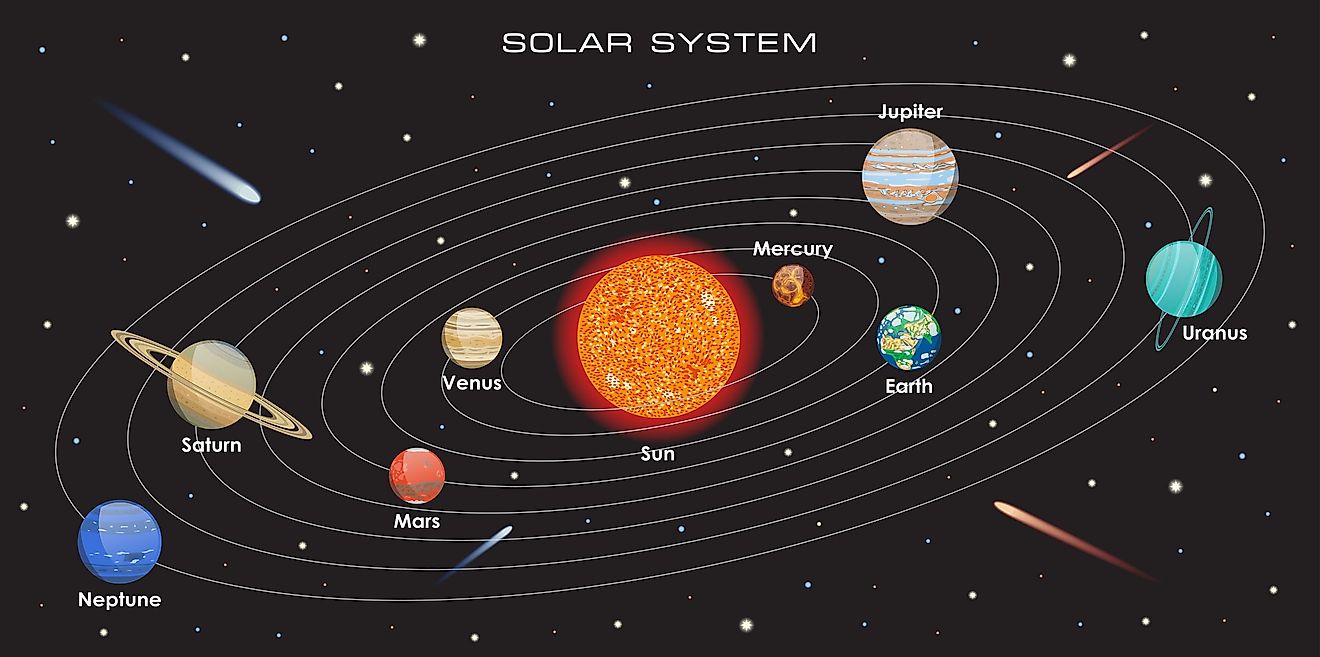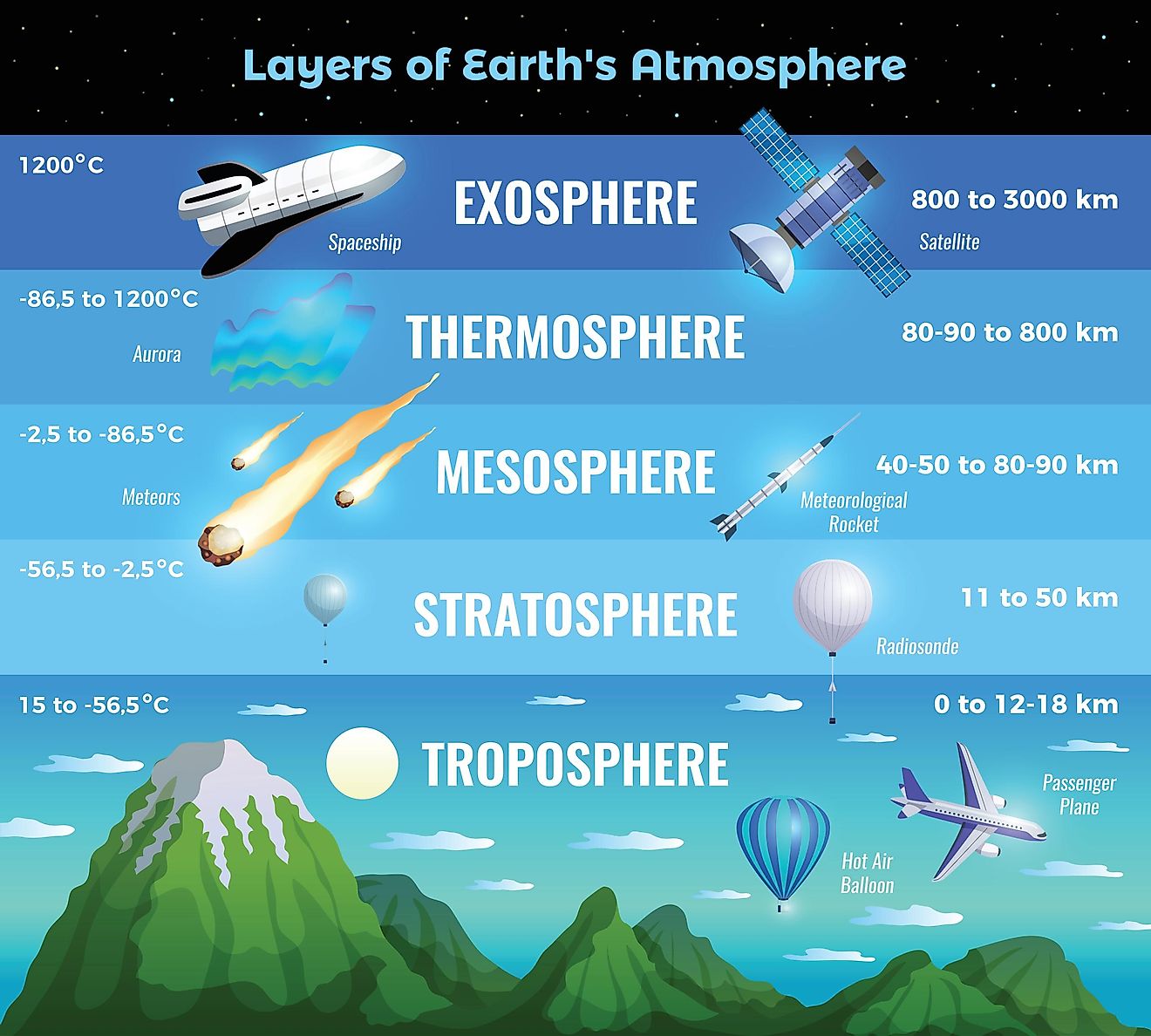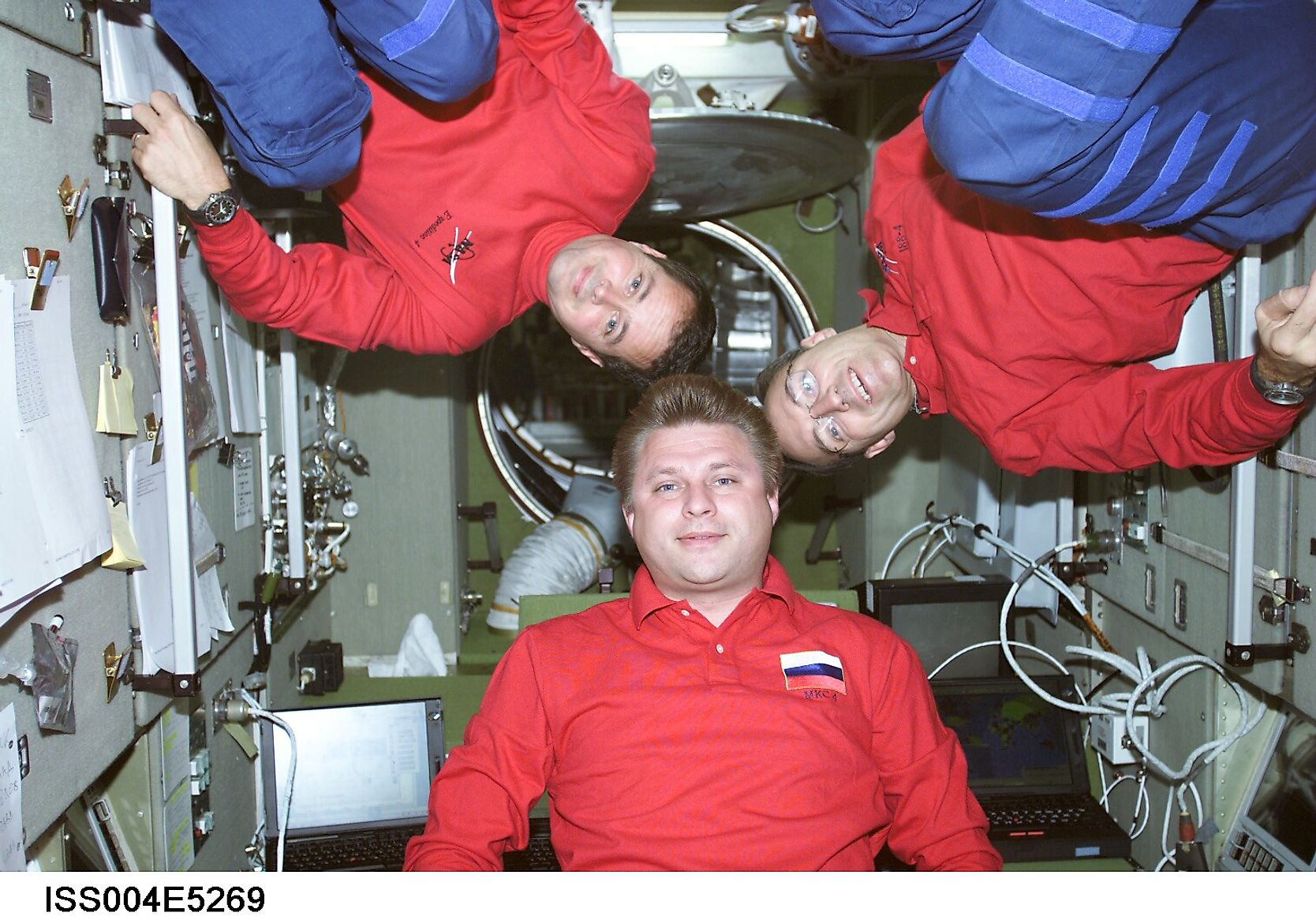
Astronauts Show Slower Task Processing in Space
One of the most well-understood scientific objects is the human body. Although we may be used to how bodies function in our terrestrial home, the Earth, the story becomes more complicated when we start to imagine placing humans in outer space. While this sounds like the stuff of science fiction, there are many ongoing missions to populate other planets like Mars, namely NASA's Artemis III with a goal to go online in the 2030s. To brace ourselves for the eventual exploration of outer space, we must make sure to know how the human body is going to fare in unfamiliar territories and conditions.
The International Space Station
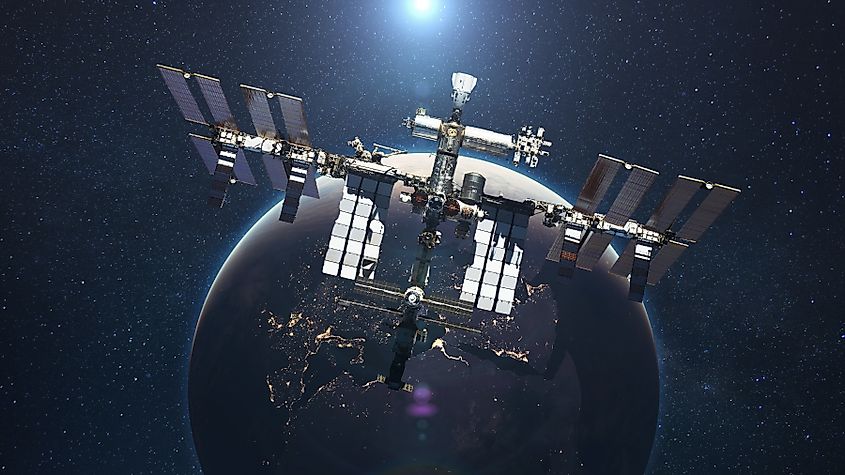
In 1984, Ronald Reagan approved the construction of what came to be called the International Space Station. A laboratory for humanity away from the Earth, it orbits our planet at an average altitude of 420 kilometers. Its construction took more than a decade and the collective effort of fifteen nations including the United States, Russia, Japan, Canada, and others. The International Space Station has maintained a continuous human presence since its birth with its main purpose being conducting research in areas across the sciences: biology, physics, and astronomy.
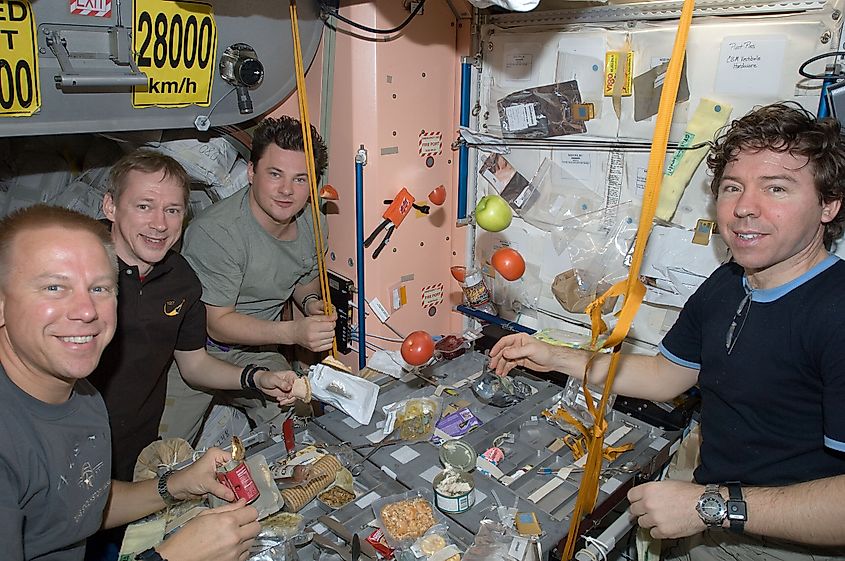
The International Space Station is also a testbed for missions involving human intergalactic travel, especially with constructing technologies that could help these trips succeed. While its groundbreaking research is profound, it also serves as one of the few examples of an international peaceful collaboration. The Station houses around seven astronauts at a time. These astronauts and cosmonauts live and work in a microgravity environment, enabling experiments that would be impossible to perform on Earth. Some of the breakthroughs heralded by the Station are understanding muscle atrophy, bone density loss, and the effects of long-term space travel on the human body. It has also contributed to advancements in materials science, robotics, and Earth observation, including climate monitoring and disaster response.
Cognitive Decline in Outer Space
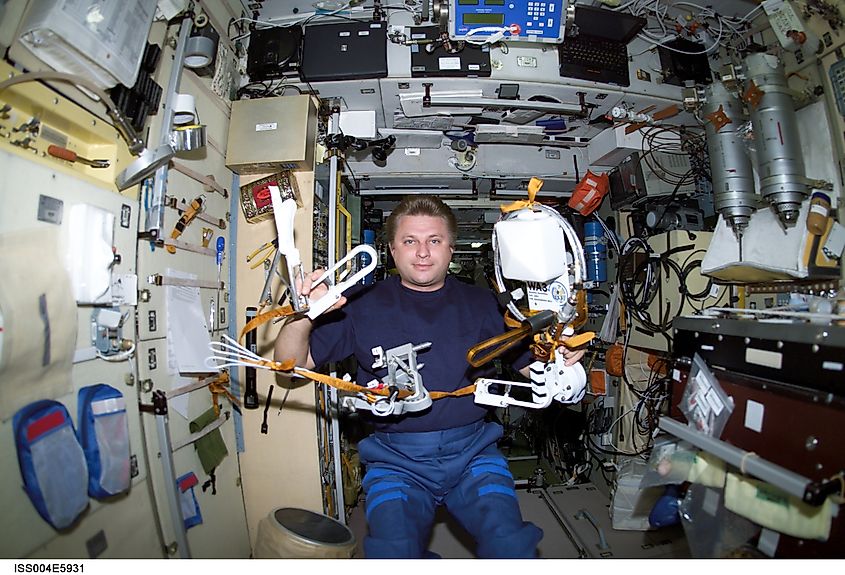
Given the successes of the International Space Station, it is important to ask how sustainable it is for humans to reside on its premises. To that end, NASA recently conducted a study to ascertain the cognitive behavior of twenty-five astronauts living on the Station for six-month missions. The study worked as follows: the astronauts were tested at five different times across the mission. The control test was performed before the mission, while the remaining four were conducted during the early and late flight stages to test the effects of spaceflight itself. Finally, the tests were administered ten and thirty days after landing.
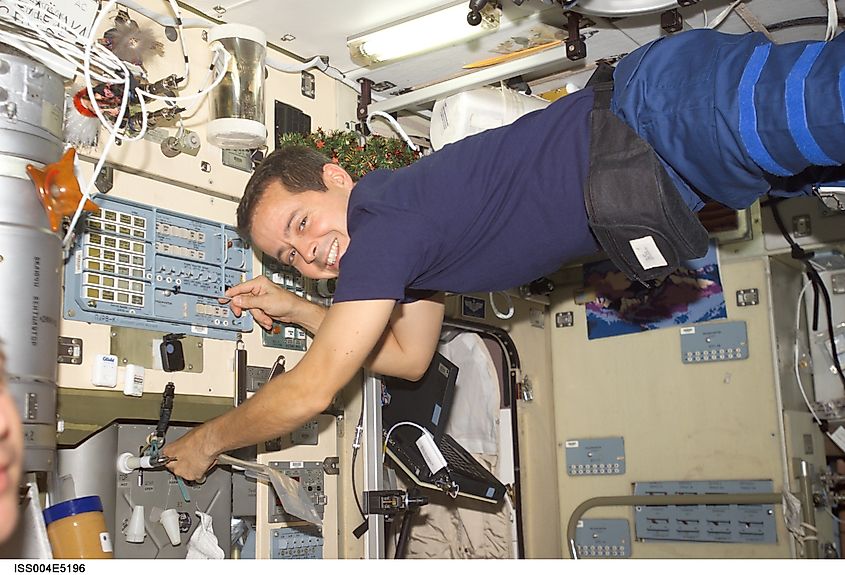
The ten different tests highlighted specific cognitive changes, such as reduced processing speed, working memory capacity, and attention. These changes were not uniform across the mission's timeline. Deficits in attention were more noticeable initially, with slower processing leaving a lasting mark on the astronauts even after they arrived back on Earth. Despite these results, the study found no significant evidence of cognitive impairment or neurodegenerative decline, suggesting that astronauts can adapt effectively to the difficulties of being in outer space. How long these effects will last is still an open question.
Many causes can help explain the results of the recent study. The slower speeds in task processing can partially be explained by the microgravity environment, intermittent sleeping habits, and the stresses involved in living in a cramped and isolated space. While the astronauts were slower, they were not less accurate, which is comforting. This work provides the first concrete inquiries into how the human body copes with space travel. Studies like these will be critical for planning future missions to the Moon, Mars, and even beyond. Understanding these cognitive effects will help develop strategies to support astronaut health and performance and mitigate long-term harm inflicted on astronauts during extended space exploration missions for the sake of all of humanity.
Source: Frontiers | Cognitive performance in ISS astronauts on 6-month low earth orbit missions







